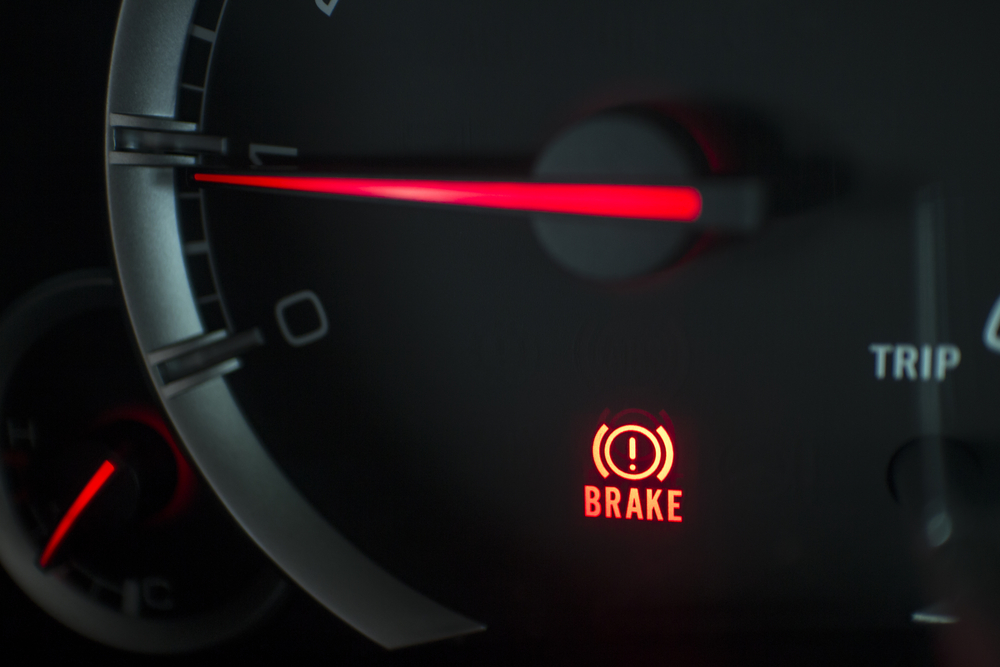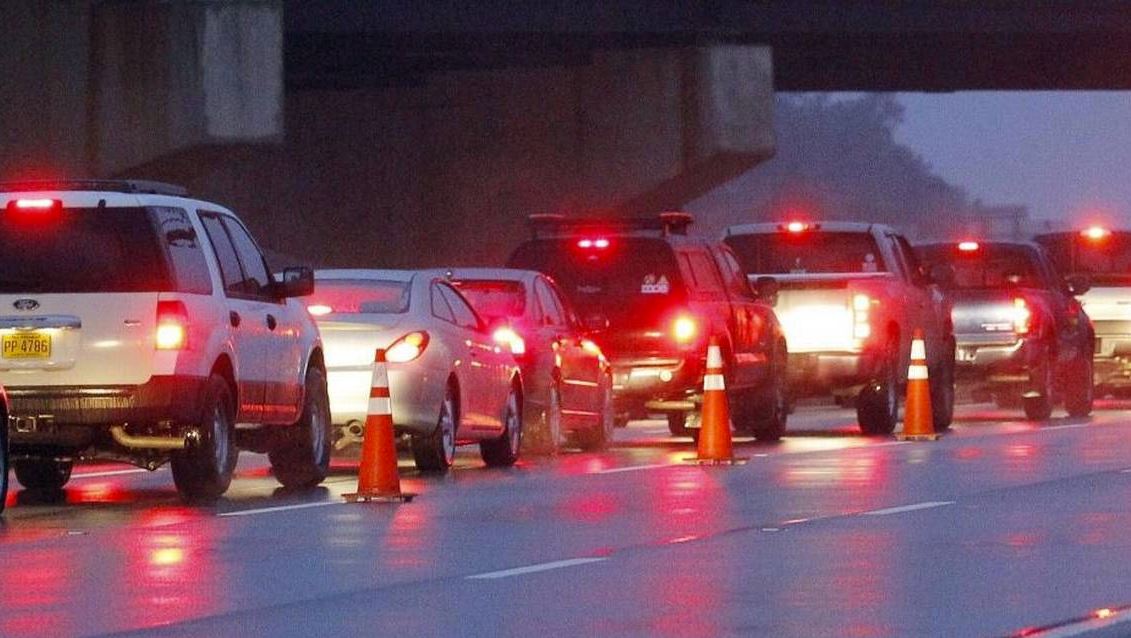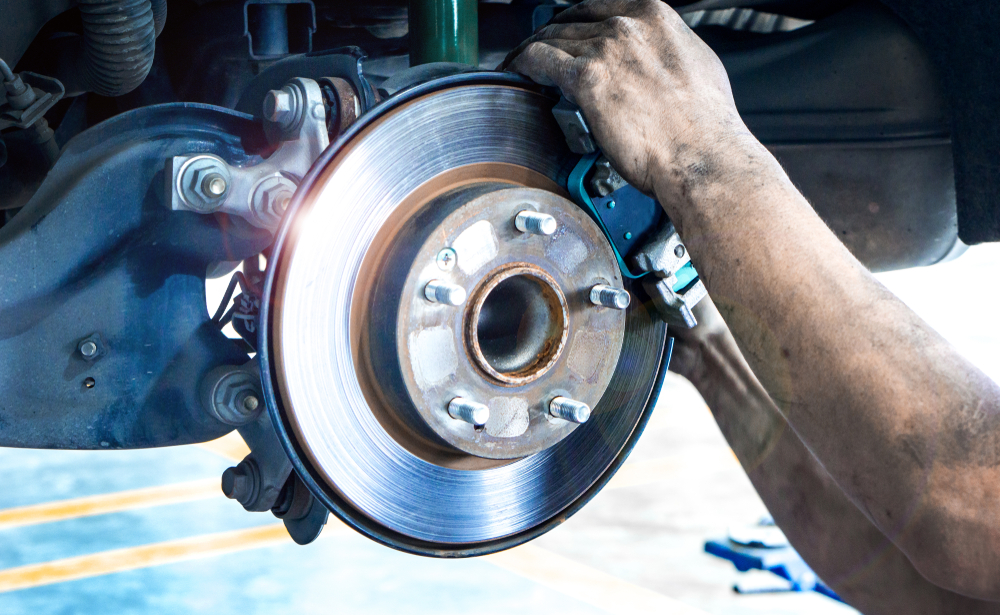Have you ever noticed a strange smell coming from your car's brakes? This can be concerning, but understanding why it happens and how brakes work can help ease your mind. In this article, we'll explain why your brakes might smell and how the braking system in your car functions.

Why Do My Brakes Smell?
There are several reasons why your car's brakes might smell. Here are the most common ones:
- Overheating: If you've been driving down a steep hill or using your brakes a lot, they can get very hot. This heat can cause a burning smell. It's normal if it happens occasionally, but if it happens often, get your brakes checked.
- New Brakes: When you get new brake pads and rotors, they sometimes have a coating that needs to wear off. This can cause a temporary smell, which should go away after driving around 100 miles, or so..
- Stuck Brake Caliper: Sometimes, a part of your brake called the caliper can get stuck. This means the brake pad stays in contact with the rotor, causing extra heat and a burning smell.
- Riding the Brakes: Keeping your foot on the brake pedal for long periods can make the brakes overheat, leading to a noticeable smell.
- Parking Brake: Driving with the parking brake on can cause the brakes to overheat and smell. Make sure your parking brake is fully released before you start driving.
- Worn Brake Pads: If your brake pads are worn down, the metal part of the pad can rub against the rotor, causing a burning smell and potentially damaging the rotor.
- Debris: Sometimes, road debris like leaves or plastic can get caught in the brake components. When the brakes heat up, this debris can cause a burning smell.

How Do Brakes on My Car Work?
Understanding how your brakes work can help you take better care of them. Here’s a simple explanation:
Brake Pedal: When you press the brake pedal, it starts the process of stopping your car.
Master Cylinder: The force from the pedal moves a piston in the master cylinder, which creates pressure in the brake fluid.
Activation of Brake Components: The brake fluid, under pressure from the master cylinder, travels through the brake lines and hoses to the brake calipers (in disc brakes) or wheel cylinders (in drum brakes).
Disc Brakes:
- Brake Calipers: The pressurized brake fluid forces the pistons in the brake calipers to move.
- Brake Pads: As the caliper pistons move, they push the brake pads against the brake rotors.
- Friction and Stopping Power: The contact between the brake pads and rotors creates friction, which slows down and eventually stops the rotation of the wheels.
Drum Brakes (if your car has them):
- Wheel Cylinders: The pressurized brake fluid causes the pistons in the wheel cylinders to move.
- Brake Shoes: These pistons push the brake shoes outward against the inner surface of the brake drum.
- Friction and Stopping Power: The contact between the brake shoes and the drum generates friction, slowing down and stopping the wheel's rotation.
Friction and Heat: The friction created between the brake pads/shoes and rotors/drums converts the kinetic energy of the moving vehicle into heat. The braking system is designed to dissipate this heat to prevent overheating and ensure effective braking performance.
Stopping the Car: As the brakes create friction, the wheels slow down, bringing your car to a stop.

Get Expert Brake Care at Kunes Auto Group
Understanding why your brakes smell and how they work can help you identify potential issues early and keep your car running safely. If you notice a persistent burning smell from your brakes, it's a good idea to have them inspected by a professional.
At Kunes Auto Group, we’re here to help with all your car care needs. Whether you need new brake pads, an inspection, or any other service, our expert technicians are ready to assist. Visit our website or stop by one of our locations today!


